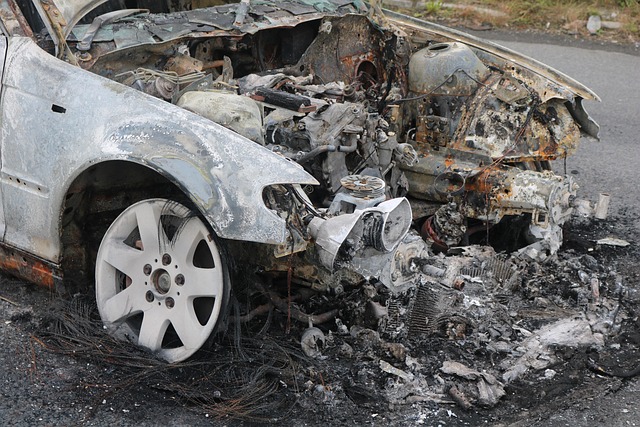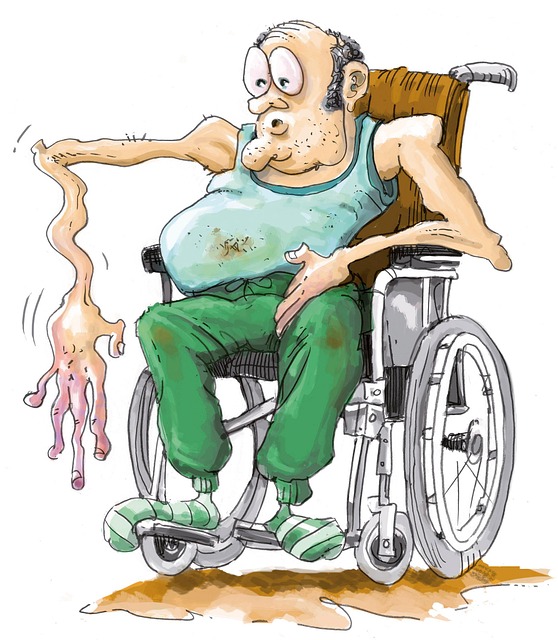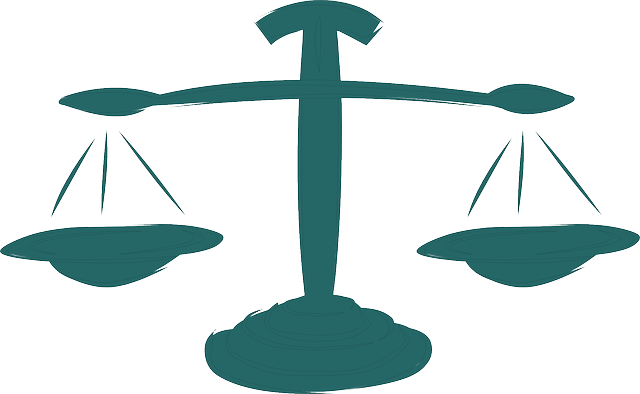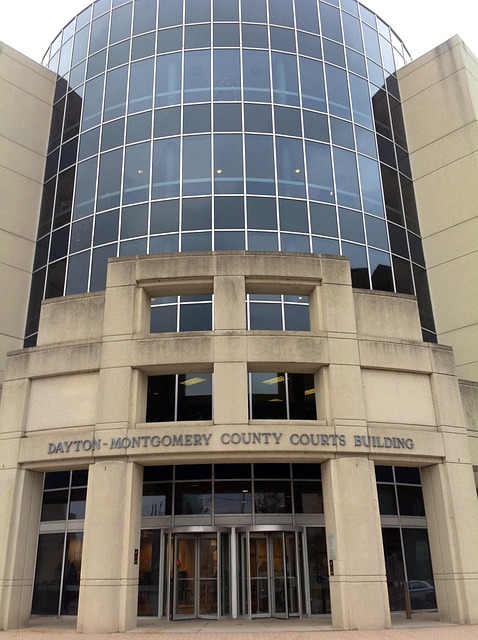Slip and fall incidents are common but can result in severe injuries and financial burdens. To claim compensation, victims must understand legal implications, including negligence and liability for unsafe premises. Gathering evidence like photos, witness statements, and medical records is crucial. Consulting a specialized personal injury lawyer enhances the chance of success, navigates insurance claims, and ensures fair reimbursement for damages, including medical expenses and lost wages.
“Slip and fall incidents, while common, can lead to significant injuries and legal repercussions. Understanding when to file a slip and fall compensation lawsuit is crucial for victims seeking justice. This article guides you through the process, from recognizing slip and fall hazards to navigating the legal system. We explore key factors in determining liability and the steps involved in filing a claim, ensuring you’re equipped with knowledge about slip and fall compensation.”
- Understanding Slip and Fall Incidents and Their Legal Implications
- Determining When a Compensation Claim is Justified
- The Process of Filing a Slip and Fall Compensation Lawsuit
Understanding Slip and Fall Incidents and Their Legal Implications
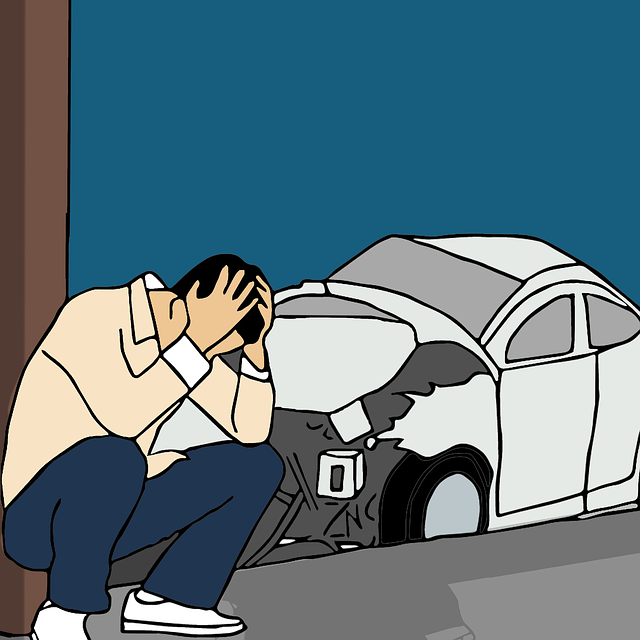
Slip and fall incidents are common occurrences that can result in significant injuries and financial burdens for victims. Understanding the legal implications of such incidents is crucial when considering slip and fall compensation. These cases often revolve around questions of negligence, where individuals or property owners may be held liable if their premises pose an unreasonable risk of harm.
When evaluating a potential slip and fall lawsuit, it’s essential to assess the circumstances surrounding the incident. Was there a visible hazard that should have been addressed? Did the property owner breach their duty of care by failing to maintain a safe environment? Legal experts often examine these factors, along with medical records and witness statements, to determine liability and calculate appropriate compensation for injuries sustained in slip and fall incidents. This process ensures that victims receive fair reimbursement for medical expenses, lost wages, and pain and suffering, while also holding accountable those responsible for maintaining safe public spaces.
Determining When a Compensation Claim is Justified
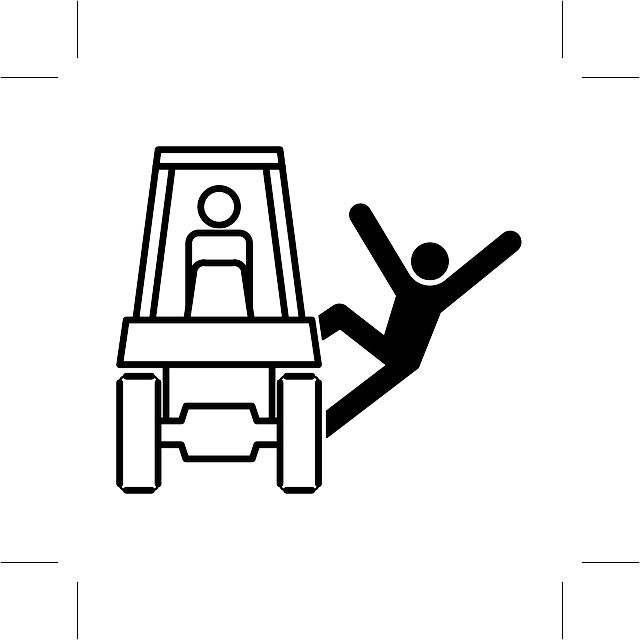
When deciding whether to file a slip and fall compensation lawsuit, the first step is evaluating if your case warrants legal action. Not every slip or fall incident results in damages severe enough to justify a claim. You’ll need to assess the circumstances surrounding the accident to determine liability and the extent of any injuries suffered.
A compelling case for slip and fall compensation typically involves a dangerous condition on someone else’s property that directly led to your injuries. This could include wet or uneven surfaces, broken fixtures, or obstructions that weren’t adequately addressed. If you’ve sustained significant personal injuries—such as fractures, head trauma, or severe sprains—and these are attributed to the incident, consulting with a personal injury lawyer may be advisable. They can help navigate the complexities of homeowner insurance claims and, if necessary, pursue compensation from responsible parties, ensuring your rights are protected.
The Process of Filing a Slip and Fall Compensation Lawsuit
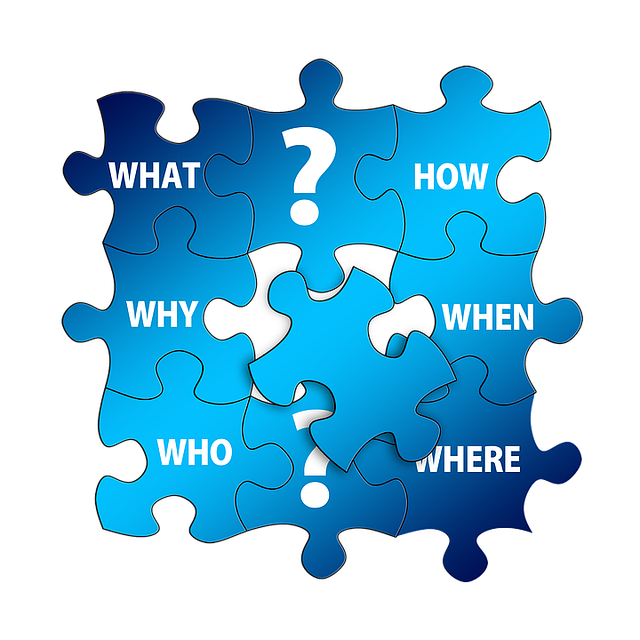
When deciding to file a slip and fall compensation lawsuit, understanding the process is crucial. The first step involves gathering evidence, including documenting the accident scene with photos or videos, collecting witness statements, and preserving any relevant medical records detailing injuries sustained in the incident. This initial phase sets the foundation for your case.
Next, consult an experienced attorney who specializes in personal injury law, particularly slip and fall cases. They will assess the merits of your claim, advise on potential compensation, and guide you through the legal procedures. This partnership disputes any confusion and ensures your rights are protected throughout business litigation. In some instances, negotiations with insurance companies may lead to a settlement without proceeding to trial. However, if an agreement cannot be reached, filing a lawsuit becomes necessary. The attorney will draft and file the legal documents, serve the defendants, and represent you in court, should the case proceed beyond mediation or arbitration, ensuring justice for your slip and fall incident.
If you’ve suffered an injury due to a slip and fall incident, understanding your legal rights and options is crucial. By carefully assessing the circumstances surrounding the accident—including identifying negligence on the part of another party and evaluating the extent of your injuries—you can determine whether filing a slip and fall compensation lawsuit is justified. The process involves gathering evidence, consulting with a legal professional, and navigating the legal system to seek fair and just reimbursement for your damages.
